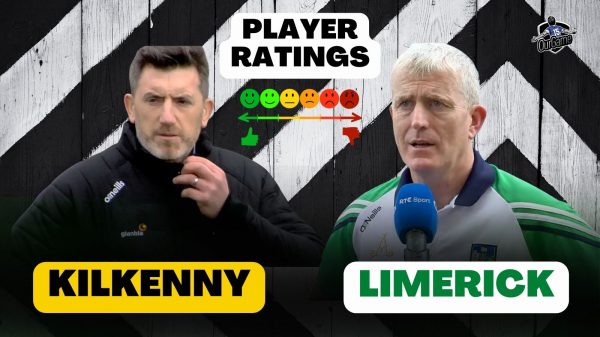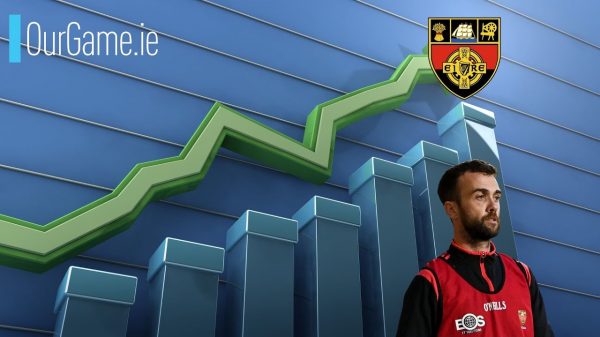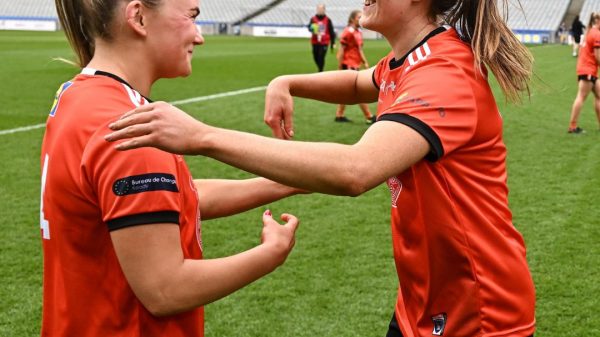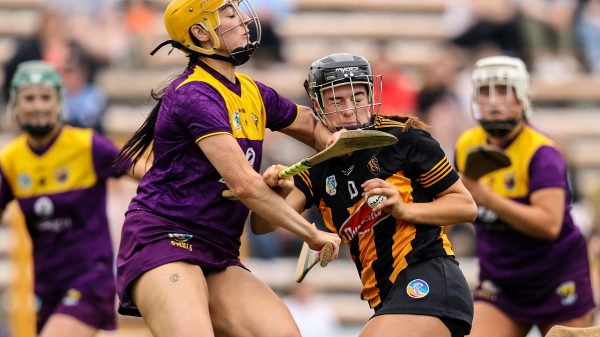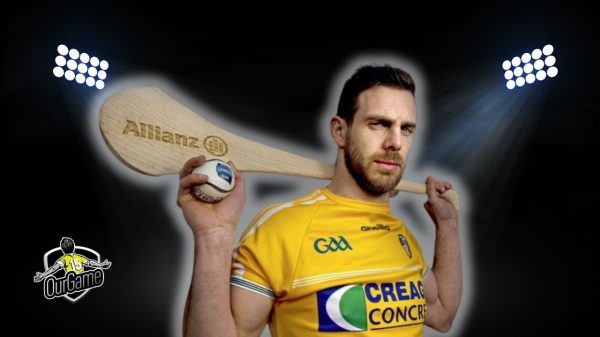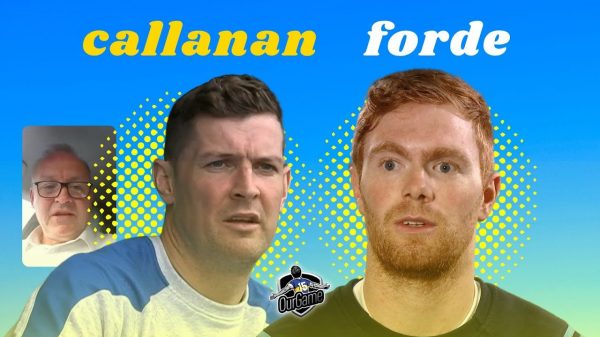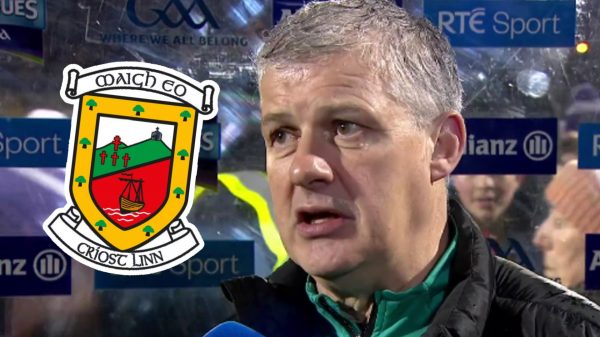Former Dublin football boss Pat Gilroy says building psychological strength was the most important thing he achieved in his early years as manager, which eventually launched unprecedented success in the capital for the next decade.
Speaking this week on the Free State podcast, Gilroy – Dublin manager between 2009 and 2012 – explained how he was thrown into the deep end as manager of one of the biggest county teams in the country so soon after retiring.
“I just retired from club football the previous March and I was hanging around the house a bit.
“So, I started helping out with the U-14 team in the club as well as doing a little bit with DCU Freshers,” said Gilroy.
“I then came back home one day in August in 2008, and I got a call asking would I go for the Dublin job.
“My wife said it was typical me, but if I wanted to do it, just do it.
“In the interview process I just gave honest answers on what the problems were.
“I said the issues weren’t going to be fixed overnight even though the team were very good.
“But I believed the top teams were still ahead of them. So, I knew it would take a few years.
“I wasn’t out of the hotel 10 minutes when I got a phone saying the job was mine if I wanted it.
“I was in shock because I was still coming to terms being asked because it wasn’t on my radar.”
However, this was a very different Leinster championship, which created six different Leinster counties winning Delaney Cup between 1998 and ’08, with Dublin last winning the Sam Maguire in 1995.
“We have to remember how much Dublin fell into the doldrums after 1995.
“We didn’t win our next Leinster until 2002. So, even winning Leinster back then was a massive thing,” Gilroy acknowledges.
After his first season in charge in 2009 which saw Dublin crash out of the championship at the quarter-final stage to Kerry, the St Vincent’s man accepted that attitudes needed to change as to did the players.
“I think with the players we had, they were all physically strong, but suffered mentally.
“And I remember going home and writing down names of players, I said they’d never play for Dublin again after our quarter-final defeat in 2009.
“But of the list of the 11 players I wrote down, I think nine of them now have seven All-Irelands,” Gilroy laughs.
The first port of call for change for Gilroy was seek psychological help on why Dublin consistently failed to break that mental block.
“The 2009 quarter-final defeat to Kerry when we just didn’t turn up was the sign that I needed to do something different here.
“It was so disappointing because I thought we prepared so well but couldn’t get the job done.
“So, for the next number of weeks I decided to go down the sports psychology route and I interviewed 10 psychologists.
“I eventually got a number of a guy who was a business consultant with some psychology background, and he told me that I was the problem. I was in shock.
“But that honesty started to intrigue me especially when he started to talk to me about the brain.
“And for the next number of weeks, I was up at his house at least 18 hours a week learning about engagement with players and how they operate.
“That’s when I started tweaking little aspects in the camp.
“I remember we played Monaghan one winter night and after the game a certain goalkeeper came up to me and asked me did I get a lobotomy, because I was totally different in the way I was asking players questions and getting things out of them.
“It was the same message, but I was doing it in a different way.”
On top of the mental side of things, Gilroy’s plan was to make his Dublin side one of the fittest teams in the country by ramping up the training.
“I kept a diary, and in the month of the December, we did 48 sessions in one month. We would train in the morning on the field.
“Then train in the evening on the field. We would train in the gym the next morning and then on the field that night.
“So, I could see we were going to be far fitter than anyone else come the league.
“And to beat teams like Kerry in the league was massive psychologically because it showed that the madness, we put the lads through, yielded some results.
“After four league games, we were top of the table, and once we started winning, we never looked back in how we prepared.”
Slowly, other aspects in the Dublin panel began to change, especially how the side addressed criticism and never accepting anything but the best in standards.
“Because we’re in the city where the national media are, the easiest place to get a story is the Dublin camp.
“And at that time there would be so much noise coming at a Dublin player so, if a player could cope with that then that’s no bother, but if a player is getting upset, then he’s taking his focus away on what we need to do.
“We started to acknowledge that the only criticism the players should take, positive or negative, is from the people in the group.
“So, as time went on, we all just went into our bubble and not listen to outside noise. But that outside criticism was always there, and it was always a problem.”
📮 Sign up to the OurGame newsletter — a daily email reminder of our latest videos, articles, quizzes and more.



